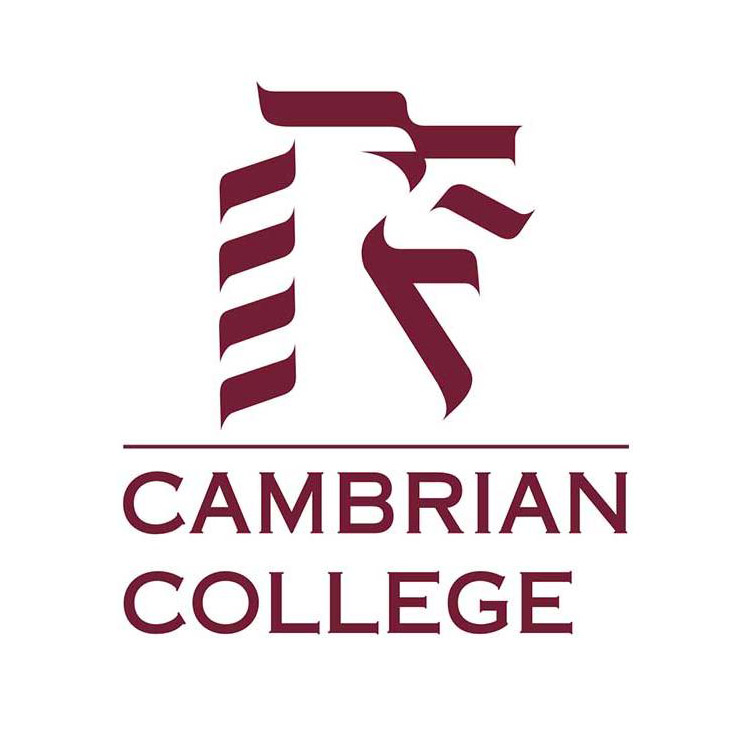Working Part Time in Canada – What’s New?
One of the perks of being an international student in Canada is that the students are allowed to work part time. Initially, only 20 hours of part time work is allowed off-campus and more than 20 hours for in-campus jobs. Only during school break, reading week and term break are students allowed to work more than 20 hours off-campus.
One of the perks of being an international student in Canada is that the students are allowed to work part time. Initially, only 20 hours of part time work is allowed off-campus and more than 20 hours for in-campus jobs. Only during school break, reading week and term break are students allowed to work more than 20 hours off-campus. However, just this month, Canada’s Minister of Immigration, Refugees and Citizenship (IRCC) announced that they will temporarily lift the limit for off-campus work hours due to the country’s labor shortage issue. After the pandemic, the country is now on its economic recovery phase and to sustain the economic growth momentum, the employment vacancies must be filled in. The government sees the international students as the interim solution to this to mitigate the issue at hand.

Who Are Eligible?
The recent development to the working hours limit applies to international students who are already in Canada and are authorized to work. Even those who have pending applications or still on the process of submitting their applications can also benefit from this. The uncapped working hours will start on November 15, 2022, until December 31, 2023. Keep in mind though that students must keep their full-time status to be able to receive employment thus, students are not supposed to take underload courses just to be able to accommodate more working hours. For some schools, at least 9 units of courses must be enrolled to be considered as a full-time student. This rule may vary depending on the school policy.
What Are the Benefits?
Students must take advantage of these recent changes as this will be advantageous on their part. Firstly, there will be a potential to earn more which can greatly aid in tuition fee payment, rent and other living expenses. Secondly, this will open new doors and career opportunities. Truth be told, some students are compelled to take any manual job or jobs in the retail and food and beverage industry since these are the ones that typically offer flexible hours and part-time positions. Some companies do not prefer international students due to their capped working hours. But now, there will be more options and students can now choose a position which can help them achieve their professional goal or can help them increase their chances of becoming a permanent resident in Canada. Getting a substantial amount of Canadian work experience while studying is now possible. Thirdly, this is a testament that Canada sees the value of the international students as a vital component of the society. This is a win-win situation for both the international student’s community and the government as this will be mutually beneficial for both parties. The students can gain valuable work experience and earn more while the country can stabilize their economic upturn.
Where to Find Jobs?
The more commonly known sites for job hunters are LinkedIn and Indeed. However, there are other career sites to utilize aside from these two such as Zip Recruiter which is gaining popularity lately. Just the same as the first two, this is a job board that provides matches based on the applicant’s skills. Job Bank Canada, on the other hand, is the country’s national employment service which provides a one view and collates positions posted across the country even those that have been listed by a third-party. Some provinces also run their own websites for jobseekers as part of their public service. An example of this is WorkBC for British Columbia and SaskJobs for Saskatchewan. Details about the province’s labor market outlook and high priority jobs can also be found in these sites.
Why Does it Matter to Have a Canadian Work Experience?
The struggle with newcomers in Canada is that they find it difficult to get hired instantly. This is because employers do not easily acknowledge work experience from outside Canada as they prefer those who have already immersed in the work environment inside the country. This is the reason why it is important to immediately build a career and gain the Canadian work experience even when studying. The length of work experience to be considered substantial is at least six months. Once acquired, it will be easier to move to a different job and there will be an increased chance of a higher hourly rate. For immigration purposes, the employment experience gained inside Canada can also contribute to the points needed to increase the score for better chances of becoming a permanent resident.
To know more about how to work in Canada while studying, Global Study Guide offers services which provides a more in-depth guidance and tailor-fitted options. They have dedicated educational specialists who can advise aspiring applicants of the steps to take on how to get a Canadian education.




















Comments (0)